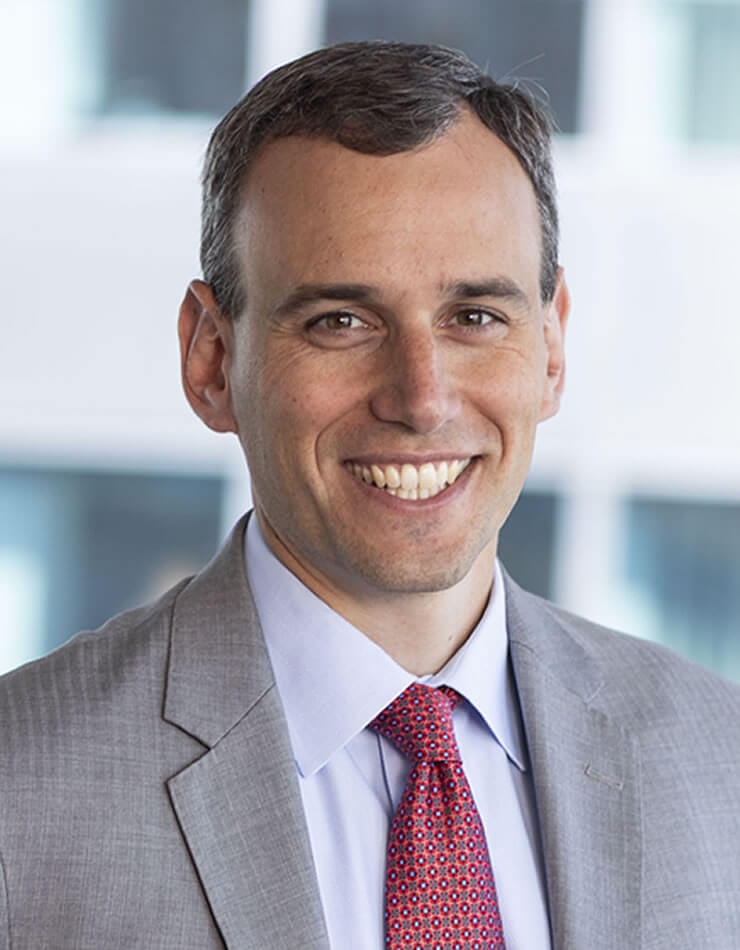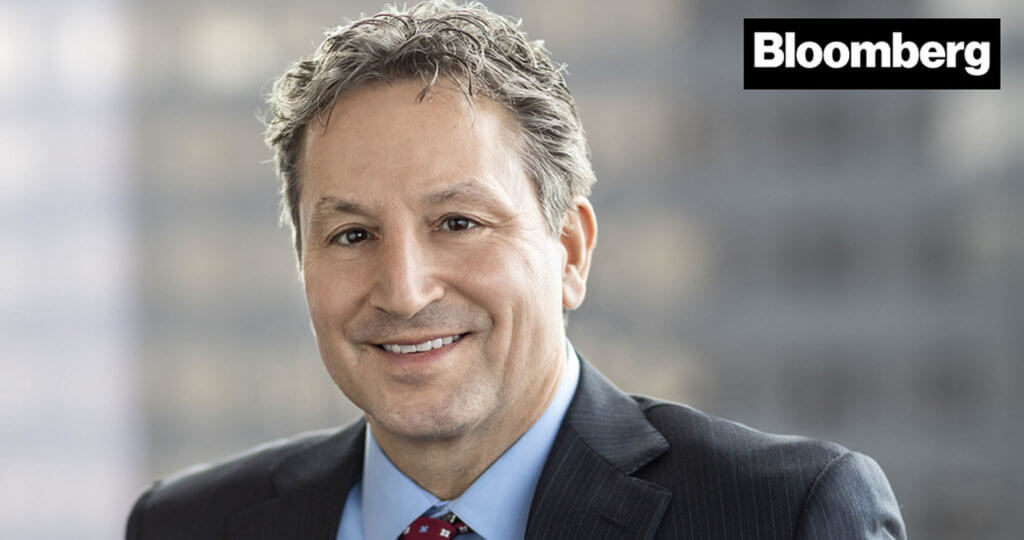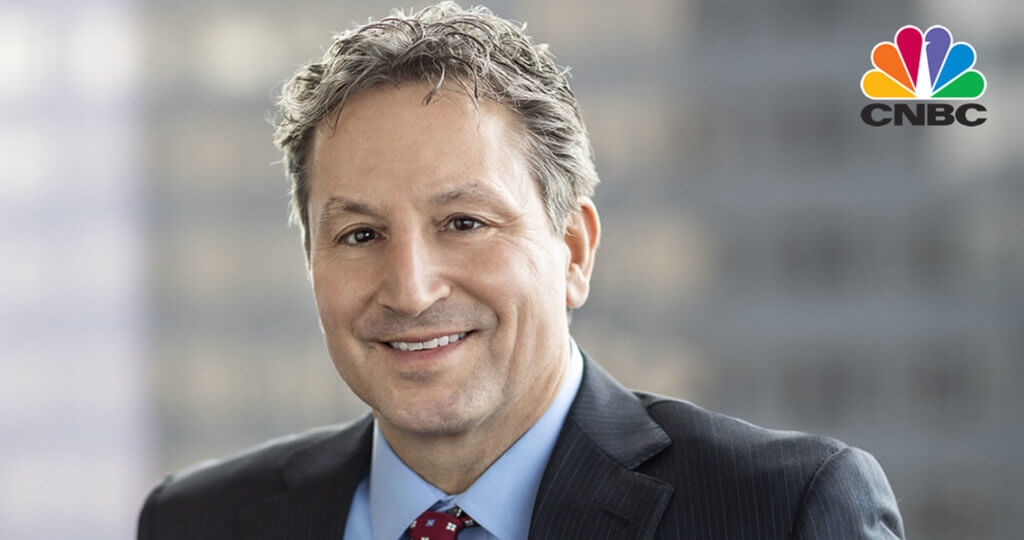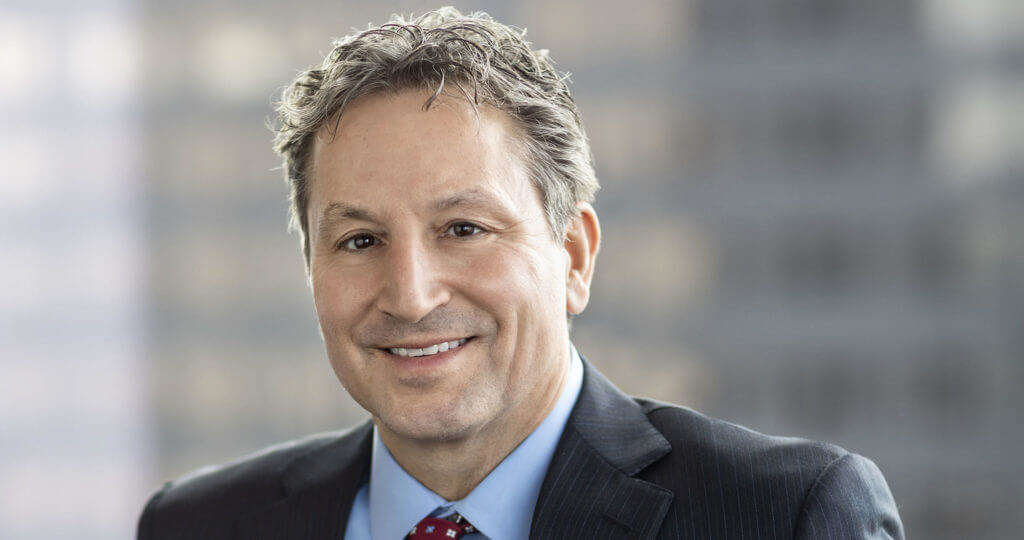Oakmark International Fund – Investor Class
Average Annual Total Returns 12/31/23
Since Inception 09/30/92 8.62%
10-year 3.34%
5-year 7.32%
1-year 18.81%
3-month 8.70%
Expense Ratio: 1.04%
Expense ratios are from the Fund’s most recent prospectus dated January 28, 2023; actual expenses may vary.
Past performance is no guarantee of future results. The performance data quoted represents past performance. Current performance may be lower or higher than the performance data quoted. The investment return and principal value vary so that an investor’s shares when redeemed may be worth more or less than the original cost. To obtain the most recent month-end performance data, view it here.
The Oakmark International Fund (“the Fund”) returned 8.70% for the quarter ended December 31, compared to the benchmark, the MSCI World ex U.S. Index, which returned 10.51%. The Fund returned 18.81% for the calendar year, outperforming the benchmark’s return of 17.94% during the same period. In addition, the Fund has returned an average of 8.62% per year since its inception in September 1992, outperforming the MSCI World ex U.S. Index, which has averaged 5.96% per year over the same period. For additional color on our views of the market environment during the most recent quarter end, please see our international market commentary.
Ryanair Holdings (Ireland), a European ultra-low-cost airline, was the top contributor to the Fund’s performance this quarter. Ryanair released strong results for the first half of fiscal-year 2024 and was accompanied by an even stronger outlook, in our view. The company’s revenue grew 30% year over year, and average fares increased by 24% to EUR 58, driven by record demand and constrained capacity at European peers. Total passengers flown expanded 11% year over year to 105.4 million, and management is on track to maintain its target of 183.5 million passengers for 2024, depending on Boeing’s ability to meet its delivery commitments. Management is expecting full-year 2024 net income to be between EUR 1.85-2.05 billion ahead of the EUR 1.82 billion consensus estimate. The company’s strong free cash flow levels and balance sheet allowed Ryanair to reinstate a EUR 400 million dividend (35 cents per share). We spoke with CEO Michael O’Leary about additional uses for its excess capital and were happy to hear about an incremental EUR 1.5 billion return to shareholders starting in 2025. We continue to be optimistic about Ryanair’s future.
Worldline (France), a European merchant acquirer and payment processor, was the top detractor for the quarter. The company’s third-quarter earnings missed consensus and our own expectations, and management cut its full-year 2023 and 2024 guidance. The implied 2024 adjusted earnings guidance is around 16% below consensus expectations. This resulted in a 60% sell-off in the stock, an amount that we do not think is proportional to the impact to the company’s fair value. In our view, the negative guidance revision derives from two causes. First, due to evolving regulatory requirements around cybercrime in Europe, Worldline cut ties with certain online merchants that would have required excessive investment to be fully compliant with regulatory standards. Second, Worldline highlighted weak macroeconomic trends in Germany, where it is the market leader, and these are driving spending shifts toward non-discretionary categories that produce less revenue and profit from merchants for Worldline. Collectively, Worldline’s actions impact EUR 210 million in annualized revenue (sub-6% consolidated revenues), reset margins down by 250 basis points, and will burden near-term cash generation due to restructuring charges. The negative impact should start to ease by the second half of 2024. We’ve spoken to management, former Worldline employees, and payment industry competitors. In our view, Worldline’s negative share price reaction is disproportional to the likely impact on its long-term prospects. The fundamentals of the business are still intact. The European payment market is cash heavy and still largely operated by legacy banks that are ceding share to pure acquirers like Worldline. The company’s scaled pan-European footprint, capital light and cash-generative operating profile, strong medium-term growth potential, and washed-out valuation make it an attractive holding. Owning just under 10% of the equity at year end, we continue to view Worldline as a good investment opportunity.
We did not initiate any new positions during the quarter, but sold Sandoz (Switzerland), a spin-off from Novartis, and Vipshop Holdings (China) to fund other positions we believe offer more attractive opportunities on a risk-to-reward basis.
Geographically, we ended the quarter with approximately 69.1% of our holdings in Europe, 19.6% in the U.K., 5.9% in Asia, 3.5% in Japan, and 1.8% in North America (Canada).
The securities mentioned above comprise the following preliminary percentages of the Oakmark International Fund’s total net assets as of 12/31/2023: Ryanair Holdings ADR 1.6%, Vipshop Holdings 0% and Worldline 1.3%. Portfolio holdings are subject to change without notice and are not intended as recommendations of individual stocks.
The information, data, analyses, and opinions presented herein (including current investment themes, the portfolio managers’ research and investment process, and portfolio characteristics) are for informational purposes only and represent the investments and views of the portfolio managers and Harris Associates L.P. as of the date written and are subject to change and may change based on market and other conditions and without notice. This content is not a recommendation of or an offer to buy or sell a security and is not warranted to be correct, complete or accurate.
Certain comments herein are based on current expectations and are considered “forward-looking statements.” These forward looking statements reflect assumptions and analyses made by the portfolio managers and Harris Associates L.P. based on their experience and perception of historical trends, current conditions, expected future developments, and other factors they believe are relevant. Actual future results are subject to a number of investment and other risks and may prove to be different from expectations. Readers are cautioned not to place undue reliance on the forward-looking statements.
The MSCI World ex U.S. Index (Net) is a free float-adjusted, market capitalization-weighted index that is designed to measure international developed market equity performance, excluding the U.S. The index covers approximately 85% of the free float-adjusted market capitalization in each country. This benchmark calculates reinvested dividends net of withholding taxes. This index is unmanaged and investors cannot invest directly in this index.
On occasion, Harris may determine, based on its analysis of a particular multi-national issuer, that a country classification different from MSCI best reflects the issuer’s country of investment risk. In these instances, reports with country weights and performance attribution will differ from reports using MSCI classifications. Harris uses its own country classifications in its reporting processes, and these classifications are reflected in the included materials.
The Fund’s portfolio tends to be invested in a relatively small number of stocks. As a result, the appreciation or depreciation of any one security held by the Fund will have a greater impact on the Fund’s net asset value than it would if the Fund invested in a larger number of securities. Although that strategy has the potential to generate attractive returns over time, it also increases the Fund’s volatility.
Investing in foreign securities presents risks that in some ways may be greater than U.S. investments. Those risks include: currency fluctuation; different regulation, accounting standards, trading practices and levels of available information; generally higher transaction costs; and political risks.
All information provided is as of 12/31/2023 unless otherwise specified.







